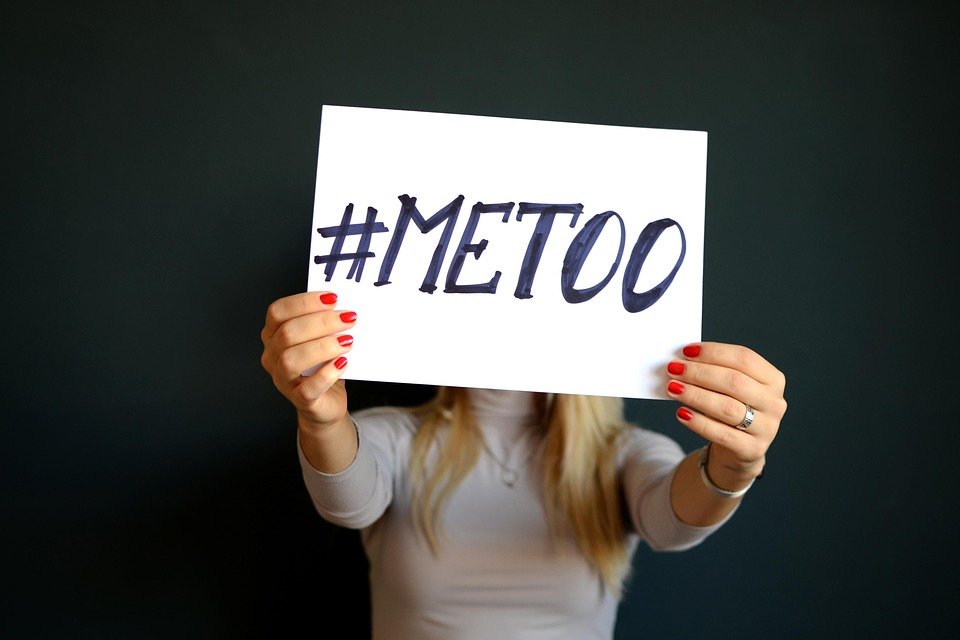In our fast-paced digital world, the proliferation of information can be both a blessing and a curse. While access to knowledge has never been easier, the risk of misinformation looms large. Awareness in the age of information is crucial for navigating the treacherous waters of misleading claims and distorted facts. This article will explore effective strategies to enhance your awareness, enabling you to discern truth from fiction in an information-saturated environment.
The Importance of Awareness in a Digital World
Awareness is our first line of defense against misinformation. In a time where news travels at lightning speed, understanding its implications is vital. Some key aspects of why awareness matters include:
- Critical Thinking Development: Enhancing awareness fosters analytical skills that empower you to assess information critically.
- Informed Decision-Making: Recognizing trustworthy sources aids in making educated choices.
- Identifying Bias: Awareness helps in spotting biases that may distort information interpretation.
Recognizing Misinformation: What to Look For
Misinformation can be subtle and widely spread, making it essential to know how to identify it. Here are some indicators:
- Lack of Credible Sources: Misinformation often fails to cite reputable references.
- Emotional Language: Articles that evoke strong emotional responses may be masking biased information.
- Check the Date: Sometimes outdated information is presented as current news, creating confusion.
Strategies for Enhancing Awareness
To successfully navigate misinformation, it’s essential to implement the following strategies:
- Develop Critical Thinking Skills: Challenge assertions and ask questions rather than accepting things at face value.
- Verify Sources: Always cross-check facts with multiple trustworthy sources before forming an opinion.
- Stay Educated: Subscribe to recognized news outlets and educational platforms to keep abreast of current events.
The Role of Social Media in Misinformation
Social media can amplify misinformation at an alarming rate. The viral nature of posts can obscure the line between fact and fiction. To combat this:
- Limit Sharing: Resist the urge to share unverified information without proper evaluation.
- Engage Thoughtfully: When discussing information online, encourage critical conversations that promote awareness.
- Utilize Fact-Checking Tools: Platforms like Snopes and FactCheck.org can help verify questionable claims.
Encouraging Awareness in Your Community
Awareness is not just an individual effort; it can be cultivated in communities. Here are ways to support collective awareness:
- Organize Workshops: Host events focused on media literacy and critical thinking.
- Share Resources: Create and distribute educational materials that highlight the importance of verifying information.
- Promote Dialogue: Encourage conversations around current events that foster understanding and awareness.
Conclusion: Empowering Yourself in the Age of Information
In summary, awareness in the age of information is essential for navigating the complexities of misinformation and determining truth. By developing critical thinking skills, recognizing the signs of misinformation, and engaging with your community, you can greatly enhance your ability to discern fact from fiction. Take action today—stay informed and foster conversations that champion truth and awareness in your circles.




